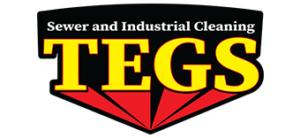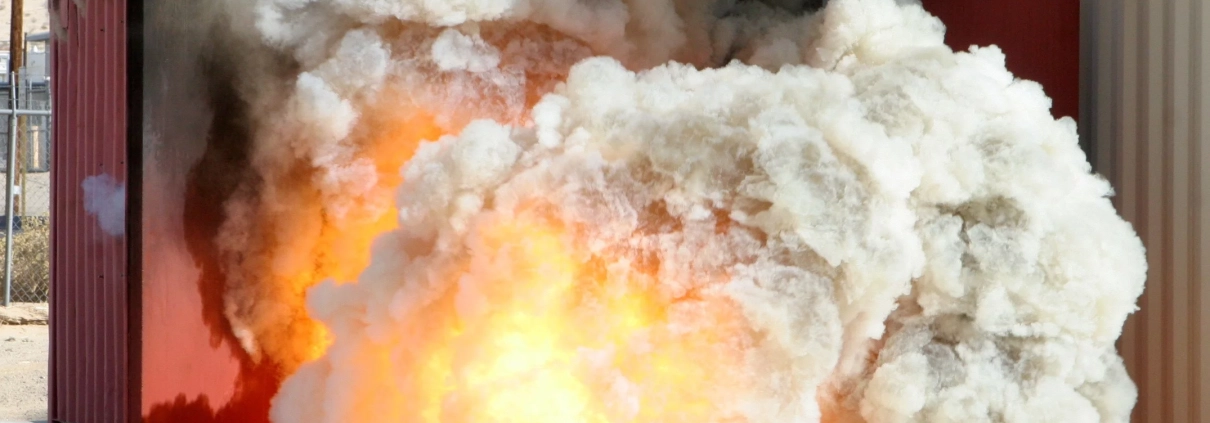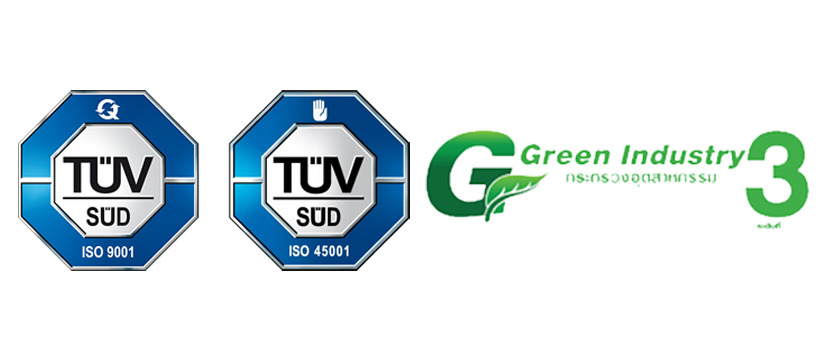Combating Dust Explosion Hazards with Comprehensive Industrial Cleaning Solutions
In industrial facilities, the risk of dust explosions remains a significant concern. These devastating events can result in severe damage to property, economic losses, and even fatalities. Dust explosions occur when combustible dust particles suspended in the air ignite, causing rapid combustion and a dangerous increase in pressure. Many industries, including but not limited to food processing, woodworking, and pharmaceuticals, are susceptible to these hazards. As such, implementing comprehensive industrial cleaning measures to manage and control dust accumulation becomes crucial in minimising the risk of an explosion.
In this informative article, we will discuss the various factors that contribute to dust explosion hazards and provide in-depth insights into how expert industrial cleaning practices can help prevent these catastrophic incidents. We will examine TEGS Thailand’s industrial cleaning solutions, which can assist in alleviating the risk of dust explosions within your facility, thereby protecting your assets and personnel. Learn about proactive measures you can implement to manage dust accumulation effectively and understand how TEGS Thailand’s expertise can serve as a valuable asset in your ongoing efforts to maintain a safe working environment.
1. Understanding the Causes and Consequences of Dust Explosions
To effectively mitigate dust explosion risks, it is crucial to comprehend the factors that can contribute to such incidents. Dust explosions typically occur when five specific elements align – referred to as the Dust Explosion Pentagon:
– Combustible Dust: Fine particles capable of burning rapidly upon ignition.
– Ignition Source: A heat source, such as a spark or hot surface, is required to initiate combustion.
– Oxygen: Sufficient air concentration for the combustion process.
– Dispersion: Dust particles are dispersed and suspended within a confined space.
– Confinement: An enclosed environment that allows for pressure build-up as combustion takes place.
The consequences of a dust explosion can be devastating, with potential outcomes including structural damage, production downtime, financial losses, and injuries or fatalities. Prioritising industrial cleaning measures to control dust accumulation is, therefore, paramount in reducing the risk of an explosion and safeguarding your facility.
2. Industrial Cleaning Practices for Effective Dust Explosion Risk Management
Implementing comprehensive industrial cleaning practices plays a vital role in managing dust accumulations and mitigating the risk of an explosion. Possible strategies include:
– Regular and Systematic Cleaning: Establish a schedule for routine, thorough cleaning of your facility, focusing on areas where combustible dust may collect or be produced.
– Safe Cleaning Methods: Utilise safe cleaning techniques, such as wet wiping, vacuuming with HEPA filtration or inert gas purging, to prevent the generation of secondary dust clouds during cleaning procedures.
– Dust Collection Systems: Invest in a reliable dust collection system to trap and remove airborne dust particles before they can accumulate within your facility.
– Employee Training: Ensure that employees are properly trained in identifying and controlling dust-related hazards, as well as the importance of maintaining cleanliness to prevent dust explosions.
3. TEGS Thailand’s Industrial Cleaning Solutions for Dust Explosion Prevention
TEGS Thailand offers a range of industrial cleaning services to help minimise the risk of dust explosions in your facility:
– Deep Cleaning Services: Thorough cleaning of walls, floors, ceilings, and equipment to eliminate dust accumulation, even in hard-to-reach areas.
– Specialised Equipment: Utilisation of advanced cleaning equipment and techniques specifically designed to effectively remove combustible dust without the generation of dangerous secondary dust clouds.
– Customised Cleaning Plans: Personalised cleaning plans developed in collaboration with clients, targeting problematic areas and industry-specific dust explosion risks.
– Experienced Technicians: Skilled cleaning professionals who are knowledgeable in industrial dust hazards and best practices for controlling dust accumulation.
4. Proactive Measures to Maintain a Safe Industrial Environment
In addition to comprehensive cleaning services, facilities can implement the following proactive measures to manage dust explosion risks effectively:
– Risk Assessment: Conduct regular risk assessments to evaluate potential dust explosion hazards, identify vulnerable areas and determine appropriate preventive measures.
– Work Procedures: Establish and enforce guidelines for safe work practices and handling of combustible materials to limit dust generation.
– Facility Design: Design facilities in such a way that minimises dust accumulation, incorporating features such as sloping surfaces, sealed joints, and easily accessible cleaning points.
– Emergency Planning: Develop and maintain an emergency response plan for dust explosion incidents, ensuring staff are trained in the appropriate procedures and actions to take in the event of an emergency.
Protect Your Facility with TEGS Thailand’s Expert Industrial Cleaning Services
Understanding the complex risks and hazards associated with dust explosions is integral to maintaining a safe and secure industrial environment. Implementing comprehensive industrial cleaning practices, coupled with proactive measures, is essential for effective dust explosion risk management.
Through partnering with TEGS Thailand, you can benefit from professional expertise and tailored cleaning solutions specifically designed to address dust explosion hazards, ultimately safeguarding your facility, assets and personnel. Invest in the safety of your operation by leveraging the knowledge and experience of TEGS Thailand – an industrial cleaning specialist committed to your facility’s protection. Contact us today to get started.




